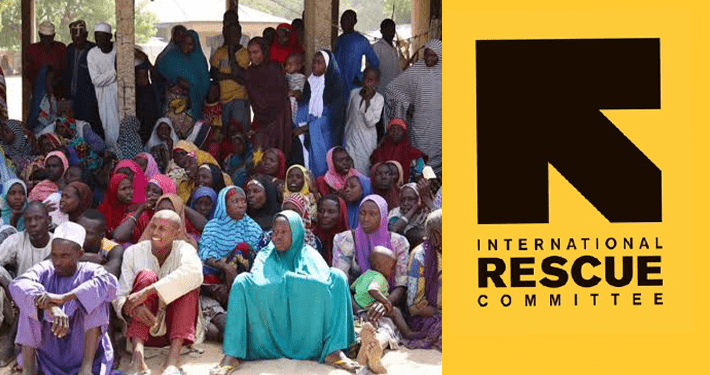The International Rescue Committee (IRC) is concerned by the humanitarian impact of increasing insecurity in northwest Nigeria due to conflict between armed groups, not far from the areas where the IRC and its partners currently operate.
In Zamfara and Sokoto states, armed attacks have displaced at least 10,000 people and killed at least 92 throughout March and April. Additionally, many others have been kidnapped in these attacks.
As a result of these attacks and consequent displacement, many people are residing in open spaces with minimal belongings and without basic necessities.
More than half of the people affected by these attacks are women, which leaves them at risk of exploitation and abuse. Urgent humanitarian assistance is needed to meet the basic needs of these communities, namely water and sanitation, health, and protection services.
Babatunde Ojei, Country Director for the IRC in Nigeria, said: “We are appalled by the brutal attacks on civilian men, women and children, which is yet another reminder of the violence that has become unacceptably common in northwest Nigeria. The IRC stands united with the families of the civilians affected and calls on all parties to uphold the protection of civilians and relevant humanitarian laws.”
The northcentral and northwest zones of Nigeria face a complex crisis involving long-standing ethnic and religious tensions, often leading to attacks and banditry. Criminal groups carry out kidnappings and thefts along major highways. Over recent years, this crisis has escalated, causing widespread displacement throughout these regions.
The IRC has been working in Nigeria since 2012. The IRC operates in Zamfara, Katsina states and supports the work of partner organizations in Sokoto in northwest Nigeria.
We provide both immediate lifesaving and life-sustaining activities as well as medium-term recovery programs. The IRC’s programming includes primary health, nutrition and reproductive health care activities; educational support services for out-of-school youth, women’s protection and empowerment activities, water and sanitation programming, and economic recovery and development activities.






